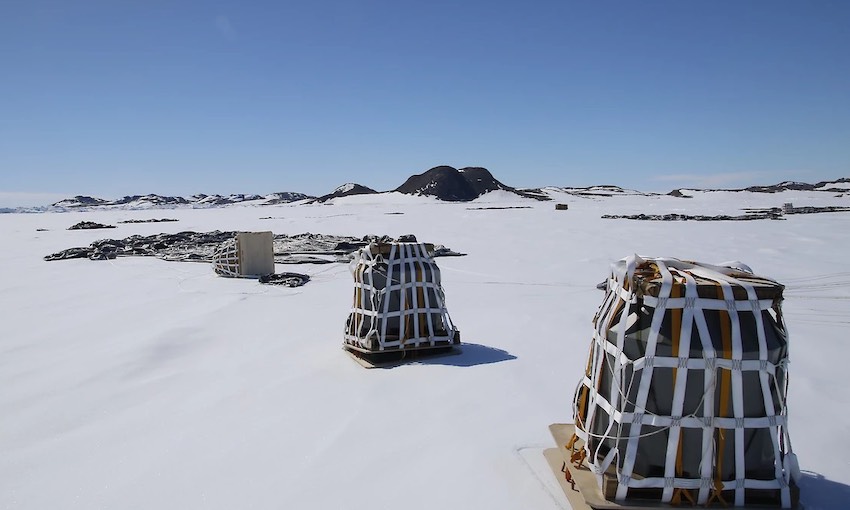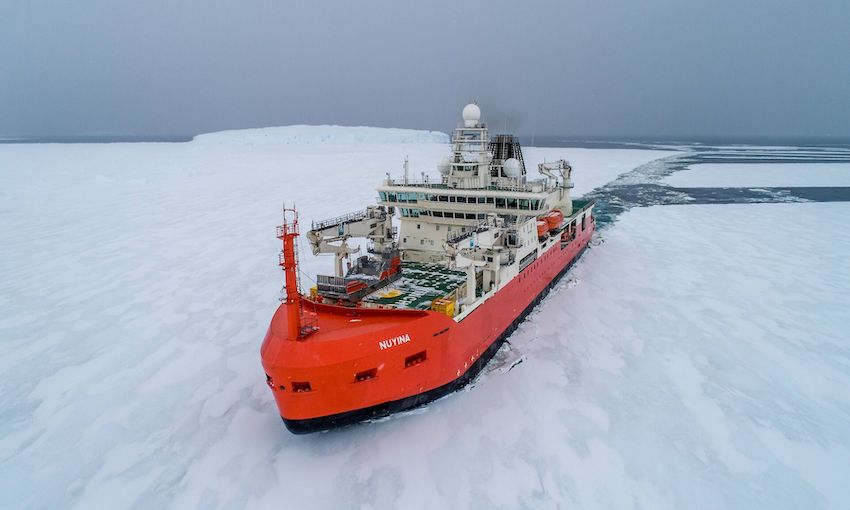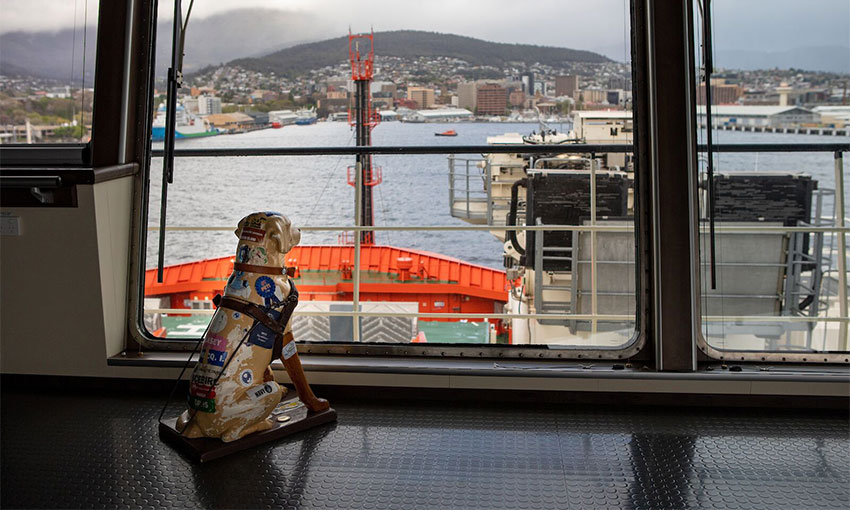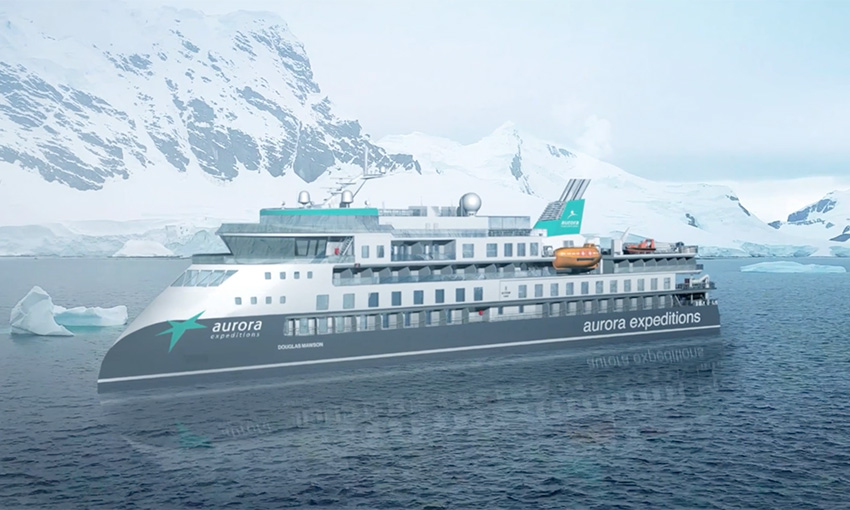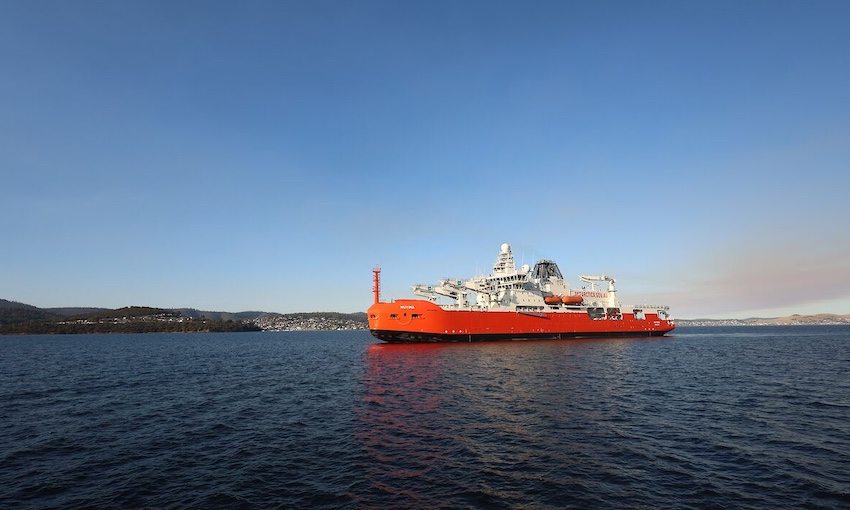AN AUSTRALIAN Defence Force aircraft this week dropped ten tonnes of cargo over Antarctica to build a deep-field camp for the Australian Antarctic Division.
The ADF air drop contained packed tents and other cargo for a team of Antarctic expeditioners on the ground.
Seven expeditioners retrieved the cargo, five of whom will spend the next three months preparing the camp ahead of scientific work commencing late next year on the Denman Glacier.
The Denman Glacier is one of the fastest retreating glaciers in East Antarctica and alone holds a potential sea level rise of 1.5 metres. The team intends to research the risk of ice mass loss on time-scales from the next few decades to centuries.
Before the science can begin teams must construct the camp, including temporary timber platforms for tents, alongside existing field huts.
Australian Antarctic Division general manager operations and safety Charlton Clark said the air drop was a key milestone for the project.
“The air drop and retrieval was a well-planned exercise to support some very important climate science,” Mr Clark said.
“The Bunger Hills is a remote region in Antarctica where we will set up camp for Australian scientists to research climate impacts on the Denman Glacier.”
“Scientists will need to stay at the camp for several weeks at a time so it’s important that we get the camp’s living and research facilities well set up.”
The camp is expected to accommodate up to 27 scientists over six weeks from the AAD, the Australian Centre for Excellence in Antarctic Science, Securing Antarctica’s Environmental Future and the Australian Antarctic Program Partnership.
The AAD said another 13 expeditioners will also live there to provide support.
Operation Southern Discovery contingent Commander, Wing Commander Andrew Johnson, said Defence was proud to support the whole of Australian government Antarctic Program.
“The Australian Antarctic Division’s work in scientific research is important to helping us understand the world’s most remote continent and the Australian Defence Force is pleased to be able to contribute to this mission,” Wing Commander Johnson said.
“Working collaboratively across agencies, we’re providing logistics and niche capabilities to further enable this important scientific work.
“Our support, under Operation Southern Discovery, also strengthens the ability of our people and assets to operate in extremes, both of locations and conditions.”
The airdrop is the second undertaken by the ADF this season, following the delivery of critical parts needed for the opening of Wilkins Aerodrome.
The ADF and AAD continue to work together as part of Operation Southern Discovery, which includes the transport of expeditioners and cargo to the aerodrome.

